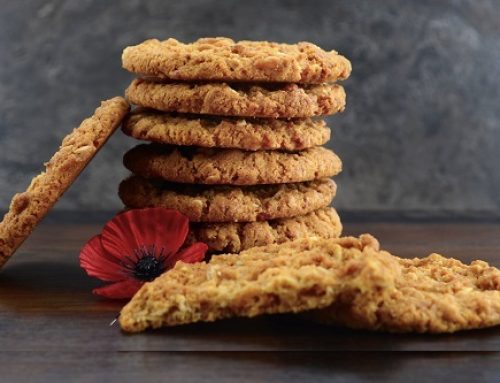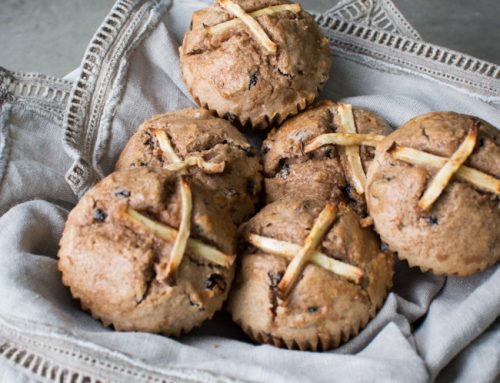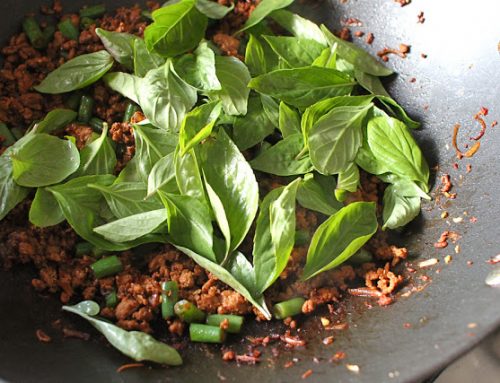In our last blog post, we spoke about the importance of sleep in the training and recovery process – and in overall health. We also gave you some gold tips to help create a CAVE to sleep in. Now onto food…
Did you know that food can be one of the underlying causes of sleep issues, even insomia?
There are certain foods (and eating patterns) that can help you sleep – and others that may ruin a good night of zzzz’s. Here are some things that have been shown to affect sleep. Simple changes to your diet can help a million with the quality of your sleep.
– Eating too much or too little can disturb sleep. Too much food can cause digestive discomfort. Eating late can also affect natural chemicals in the body – for example, eating depresses melatonin, the sleep hormone necessary for getting us ready for sleep. If you don’t eat enough, or if you eat very early in the evening/afternoon, you may find that you’re too hungry to sleep. Having a light snack at bedtime can promote sleep. Nuts are especially good as they contain magnesium, which can help improve sleep.
– Eating spicy foods, as well as tomato-based sauces, soy and heavy starches before bed (or for dinner), as well as very large meals, can also affect your sleep. These foods can induce heartburn and acid reflux in susceptible individuals. Lying down after consuming a meal puts you at a gravitational disadvantage, encouraging acids and gastric juices to flow up into the esophagus, causing uncomfortable heartburn that will make sleep very difficult.
– While small amounts of alcohol may help some people fall asleep, sleep may become fragmented as the body metabolises the alcohol. Alcohol can worsen insomnia, and can also dehydrate you, leaving you very tired the next day.
– Caffeine is also known to disturb sleep. If you are sensitive to caffeine, you should avoid it in the afternoon and evening. Some of my own clients need to avoid it completely, as even having a morning coffee can affect their sleep. Others are super sensitive to chocolate, and having chocolate at night can keep them tossing and turning.
– Drinking fluids too close to bedtime can cause problems. Avoid fluids after dinnertime to reduce the need to go to the loo during the night.
– Check your thiamine intake. Thiamine, found in animal meat, especially offal, have been linked to sleep patterns: a deficiency in Thiamine can cause sleep problems. Make sure you’re eating foods with thiamine – another reason to get some offal into your diet!
– Take more zinc and magnesium – both can help improve sleep. You can get this in supplement form, or you can eat more leafy greens and nuts for magnesium, and meat/shellfish for zinc.
– Do you tend to wake up at around 2am-4am? This could be a result of poor blood sugar regulation, which causes blood sugar to drop too low in the early hours of the morning, causing you to wake up. Making sure you eat regularly through out the day (every 2-4 hours), as well eating a lower-carbohydrate (but not too low!) can help maintain better blood sugar regulation, and thus better sleep.
Happy eating, and happy sleeping!
Filipa Bellette
Clinical Nutritionist
Functional Medicine Practitioner








Leave A Comment